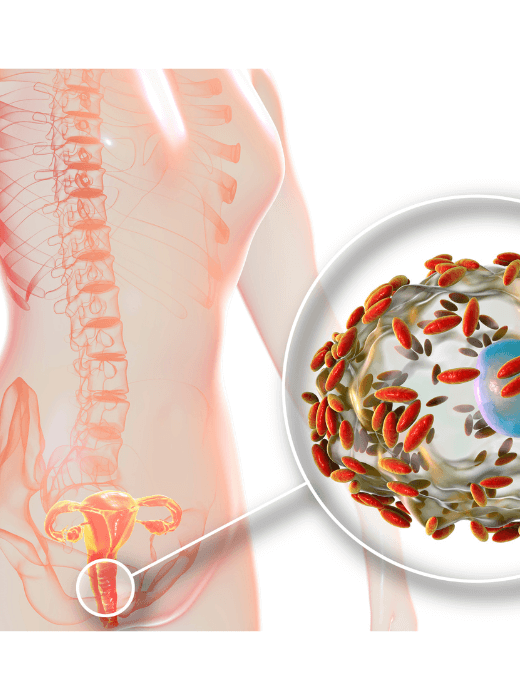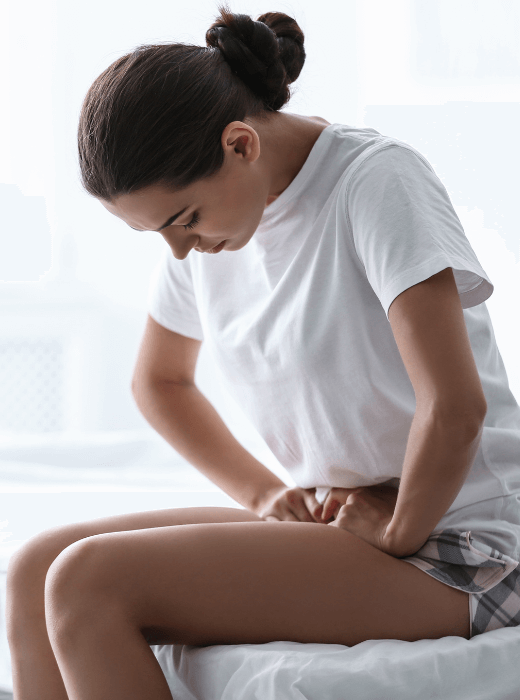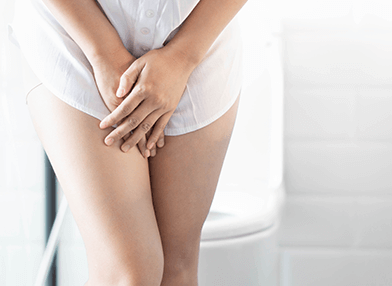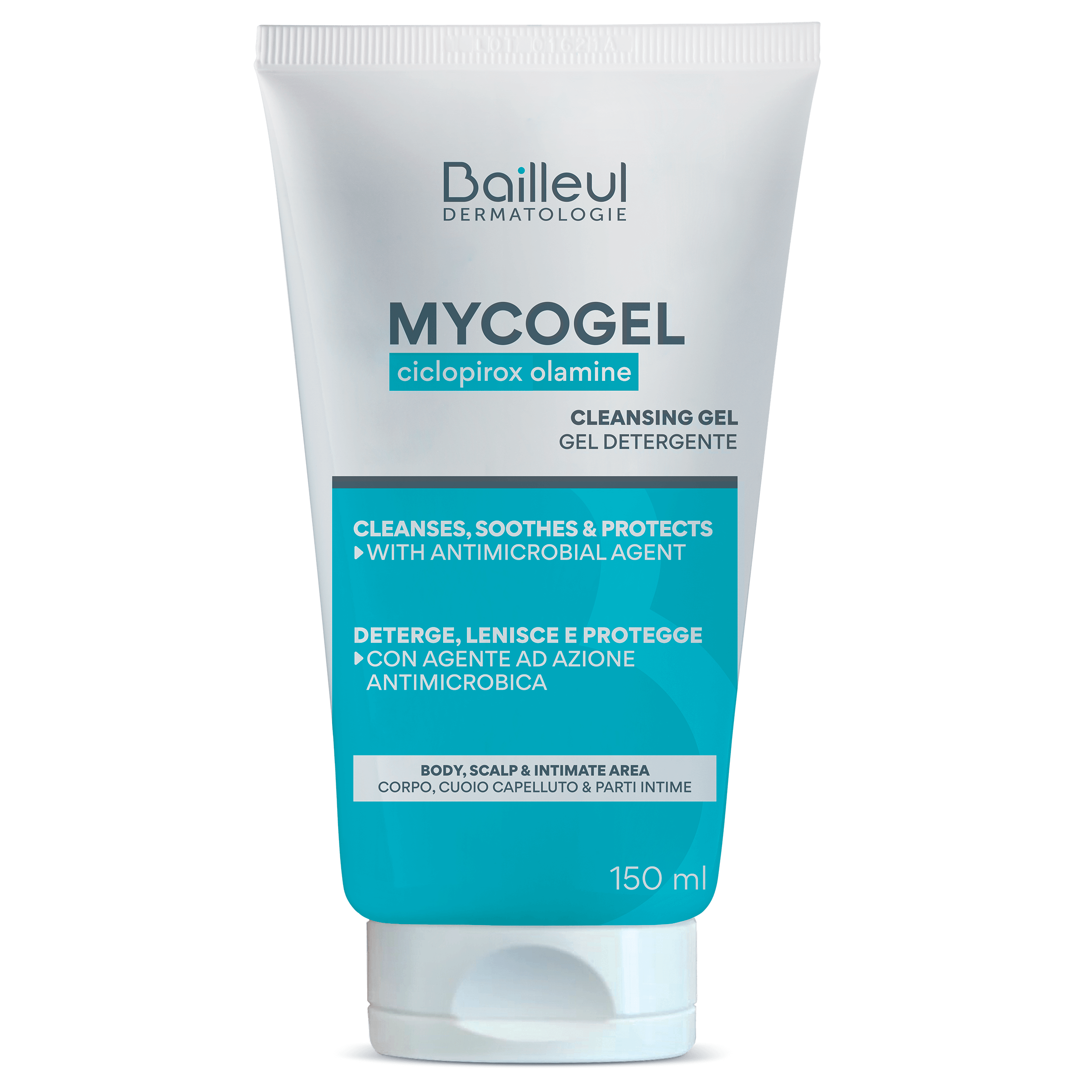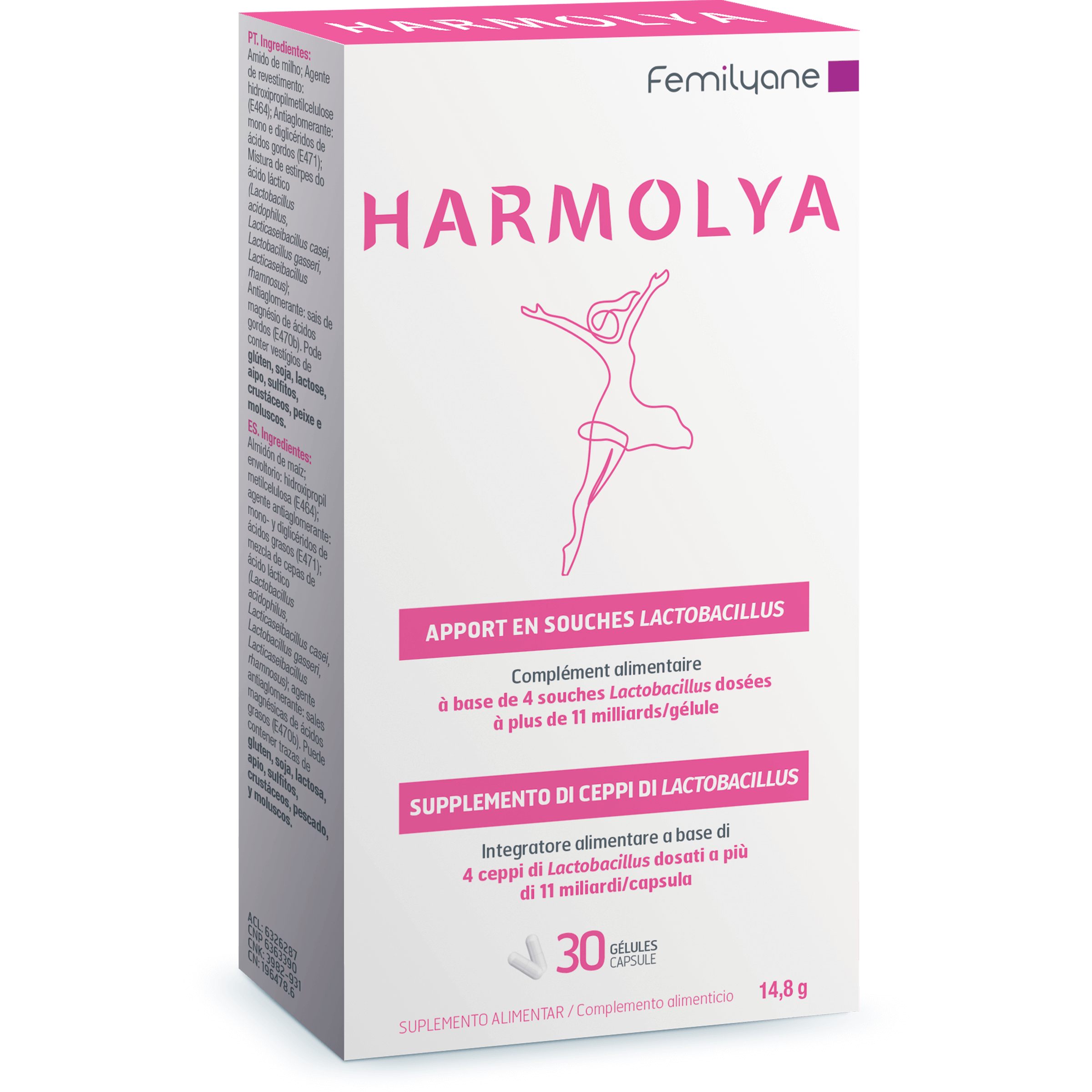The vaginal flora, also known as the vaginal microbiota, plays a vital role in women's intimate health. It creates a natural barrier against pathogens responsible for urinary tract infections, yeast infections, or bacterial vaginosis. This is a complex ecosystem made up of billions of microorganisms, primarily lactic acid bacteria. These bacteria play a crucial role in maintaining an acidic pH, which is essential to protect the vagina from infections, inflammation, and imbalances (1). However, many factors can disrupt this delicate equilibrium.
Main Causes of Vaginal Flora Imbalance
The vaginal flora — also called the commensal vaginal microbiota — depends on a delicate balance between beneficial and harmful bacteria. This natural defense system can be disrupted by various internal and external factors, leading to an imbalance in the intimate microbiome and increasing the risk of infections and irritation (2):
-
Antibiotics: While essential for treating infections, antibiotics can also eliminate beneficial bacteria, allowing harmful pathogens to multiply.
-
Hormonal changes: Hormonal fluctuations related to menstruation, pregnancy, menopause, or the use of contraceptives can disrupt the balance of the vaginal microbiota.
-
Poor intimate hygiene habits: Excessive use of harsh soaps or vaginal douching can disrupt the vaginal pH and eliminate protective bacteria.
-
Stress and fatigue: These factors can weaken the immune system and negatively affect the microbial balance of the vaginal ecosystem.
-
Inappropriate clothing and underwear: Tight or synthetic fabrics can create a warm, moist environment that promotes the growth of harmful bacteria.
Identifying the underlying cause of a vaginal flora imbalance is essential for effective treatment.
What Are the Symptoms of an Imbalanced Vaginal Flora?
An imbalance in the vaginal flora can lead to symptoms that affect daily life.
The most common signs include (3):
-
Itching, burning sensations, or redness: often linked to vaginitis, which may be caused by an infection.
-
Abnormal vaginal discharge: excessive or foul-smelling secretions.
-
Pain during sexual intercourse: a disrupted vaginal environment can increase sensitivity and vulnerability to irritation or sexually transmitted infections, such as trichomoniasis.
-
Recurring vaginal yeast infections: fungal infections like candidiasis are common when the vaginal microbiota is imbalanced.
-
Urinary tract infections (UTIs): These can be triggered or worsened by a vaginal flora imbalance.
If you notice any of these symptoms, it is essential to restore the balance of your vaginal flora promptly and consult your healthcare provider.
How to Naturally Restore Vaginal Flora Balance?
To naturally rebalance your intimate microbiota, a few simple habits and lifestyle adjustments can make a real difference.
Here are some essential tips (4):
Adopt Proper Intimate Hygiene
Good intimate hygiene is essential, but it's important to avoid harsh products that can disrupt the vaginal flora. Choose a gentle, soap-free cleanser with a physiological pH, suitable for daily intimate care. Mycogel from Laboratoires Bailleul is an example of a mild cleansing gel specifically designed for sensitive mucous membranes prone to yeast infections. Dermatologically and gynecologically tested, it contains ciclopirox olamine, an antimicrobial agent that helps maintain the balance of the intimate flora while soothing irritation and discomfort.
Wear the Right Clothing
Cotton underwear, which allows the skin to breathe, is highly recommended. Avoid tight-fitting clothing or synthetic fabrics, as they increase perspiration and promote the development of vaginal infections.
Boost Your Immune System
A weakened immune system can make the vaginal flora more vulnerable. To support your immunity, maintain a balanced diet rich in fruits and vegetables, stay well hydrated, get enough sleep, and engage in regular physical activity. Managing stress is also crucial to maintaining a strong and effective immune response.
Use Probiotics to Restore Vaginal Balance
Probiotics are valuable allies in restoring the balance of the intimate flora. By promoting recolonization with beneficial bacteria—primarily lactobacilli—they help prevent pathogenic overgrowth by maintaining an acidic pH (5). Some strains of lactobacilli also produce hydrogen peroxide, a natural antibacterial agent that contributes to eliminating infection-causing pathogens. Additionally, lactobacilli can form a biofilm on the vaginal mucosa—a protective layer that acts as a physical barrier, preventing the adhesion and colonization of harmful microbes.
It is particularly beneficial to combine multiple strains of lactobacilli, as their mechanisms of action are complementary: some enhance the acidity of the environment, others stimulate local immune responses, or specifically inhibit pathogenic microorganisms. A high concentration of lactobacilli (≥10⁹ CFU/day) is generally recommended to ensure clinical effectiveness (5).
Harmolya is a dietary supplement specifically formulated to support the balance of the vaginal microbiota. It combines four carefully selected lactobacillus strains: Lactobacillus acidophilus, Lactobacillus gasseri, Lacticaseibacillus casei, and Lacticaseibacillus rhamnosus. Each capsule contains over 11 billion CFUs (Colony Forming Units) at the time of manufacture, ensuring an optimal concentration for maximum efficacy.
Harmolya is especially recommended in cases of vaginal flora imbalance, particularly after antibiotic treatment or as a preventive measure against recurrent vaginal infections.
Limit the Use of Antibiotics and Harsh Treatments
Repeated or inappropriate use of antibiotics can disrupt the natural balance of the vaginal flora by eliminating not only the bacteria causing the infection, but also the protective lactobacilli (5). During or after antibiotic treatment, it is recommended to combine it with suitable probiotics to preserve or quickly restore the vaginal microbiota, and to reduce the risk of recurrence or secondary infections such as yeast infections.
Did You Know?
There are three types of vaginal flora based on the quantity of lactobacilli (6):
- Type 1 (score 0 to 3): This represents a normal flora with a dominance of lactobacilli.
- Type 2 (score 4 to 6): This is an intermediate vaginal flora where lactobacilli are present in low numbers, without signs of fungal or bacterial infection (such as vaginosis).
- Type 3 (score 7 to 10): This type shows a depletion of lactobacilli, which may indicate bacterial vaginosis.
FAQ
"What is the difference between a regular cleansing gel and a specialized one like Mycogel?"
An intimate wash like Mycogel is specifically formulated to respect the sensitivity of the mucous membranes (gynecologically tested). It contains ciclopirox olamine, an antimicrobial agent that helps prevent imbalances—unlike regular gels, which may be too alkaline or irritating.
"How long should I take probiotics before noticing results?"
Probiotics must be taken consistently and at the right dosage to effectively restore the intimate microbiota. The appropriate duration depends on the product and individual needs. A minimum of 10 to 20 days is recommended for occasional imbalances (e.g., after antibiotics) to ensure proper colonization. For deeper or preventive effects, a 1-month course—renewable if needed—is often advised.
It is important to follow the manufacturer’s guidelines and consult a healthcare professional to tailor the duration and dosage.
"What side effects can antibiotics have on vaginal flora?"
While they eliminate harmful bacteria, antibiotics also destroy part of the beneficial vaginal bacteria—especially lactobacilli, which naturally protect the vaginal mucosa. After a course of antibiotics, it is recommended to take suitable probiotics to restore the vaginal flora and reduce the risk of imbalance.
"What’s the difference between a prebiotic and a probiotic?"
Prebiotics are substances or ingredients that feed the good bacteria already present in the body. Probiotics, on the other hand, are live microorganisms that provide new beneficial strains to support the microbiota. Both prebiotics and probiotics play essential and complementary roles in maintaining a healthy vaginal flora.
References
1. Verstraelen H, Vieira-Baptista P, De Seta F, Ventolini G, Lonnee-Hoffmann R, Lev-Sagie A. The Vaginal Microbiome: I. Research Development, Lexicon, Defining "Normal" and the Dynamics Throughout Women's Lives. J Low Genit Tract Dis. 2022;26(1):73-78. doi:10.1097/LGT.0000000000000643
2. Morsli M, Gimenez E, Magnan C, et al. The association between lifestyle factors and the composition of the vaginal microbiota: a review. Eur J Clin Microbiol Infect Dis. 2024;43(10):1869-1881. doi:10.1007/s10096-024-04915-7
3. Marnach ML, Wygant JN, Casey PM. Evaluation and Management of Vaginitis. Mayo Clin Proc. 2022;97(2):347-358. doi:10.1016/j.mayocp.2021.09.022
4. Joseph RJ, Ser HL, Kuai YH, Tan LT, Arasoo VJT, Letchumanan V, Wang L, Pusparajah P, Goh BH, Ab Mutalib NS, Chan KG, Lee LH. Finding a Balance in the Vaginal Microbiome: How Do We Treat and Prevent the Occurrence of Bacterial Vaginosis? Antibiotics (Basel). 2021 Jun 15;10(6):719. doi: 10.3390/antibiotics10060719. PMID: 34203908; PMCID: PMC8232816.
5. Liu P, Lu Y, Li R, Chen X. Use of probiotic lactobacilli in the treatment of vaginal infections: In vitro and in vivo investigations. Front Cell Infect Microbiol. 2023;13:1153894. Published 2023 Apr 3. doi:10.3389/fcimb.2023.1153894
6. Watanabe N, Watari T, Akamatsu K, Miyatsuka I, Otsuka Y. Performance of deep learning models in predicting the nugent score to diagnose bacterial vaginosis. Microbiol Spectr. 2025;13(1):e0234424. doi:10.1128/spectrum.02344-24


 (1).png)
